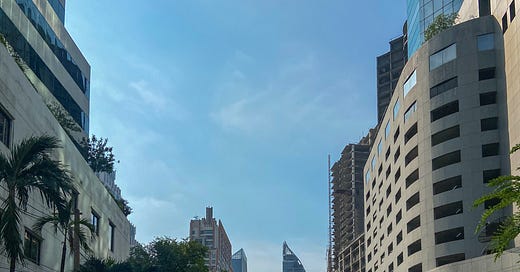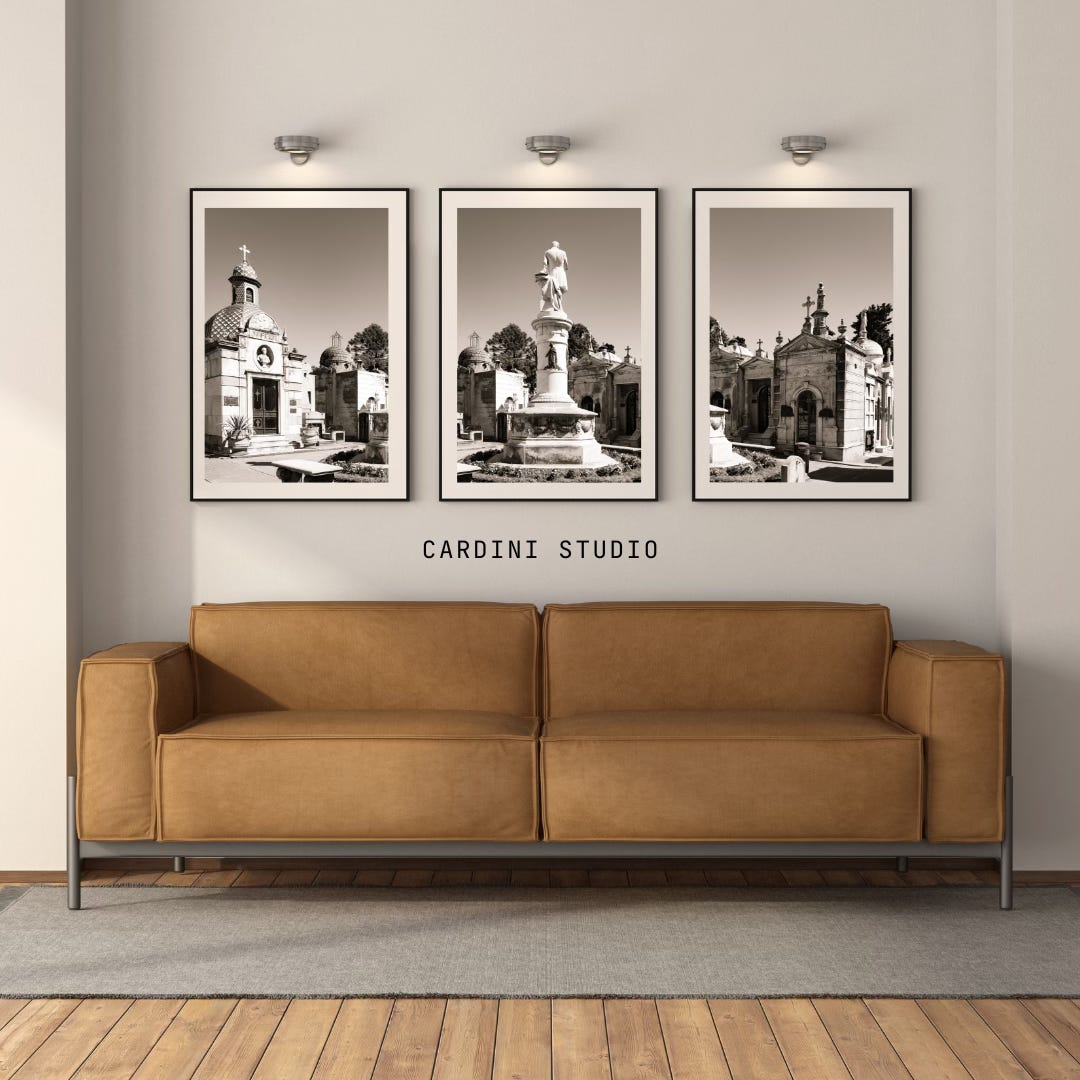Keeping our promises to ourselves is essential.
Life of a Travel Writer
Embark on a year-long adventure with me as we explore the wonders of our world! This week, we’re exploring Bangkok, Thailand’s vibrant capital city, renowned for its rich cultural heritage, bustling street life, and stunning architecture.
January 17th, 2025
Hello, Fellow Travelers, and Happy Friday,
I hope you all are having a wonderful week!
Medical Tourism Bangkok, Thailand
We were in a new city, armed with a fresh list of things to do and see, yet I found myself reluctant to leave my hotel room. The term "travel fatigue" is one I rarely experience, but when it strikes, it hits hard. Absorbing new sights and information daily can weigh heavily on the psyche, especially when traveling full-time. Eventually, you reach a point where you feel saturated, craving the comfort of familiarity until your mind clears.
While I long for the hibernation of winter, Bangkok is not the place to find it. This vibrant city boasts pleasant weather year-round, making it an ideal destination for exploration. However, we decided to take a break from sightseeing and focus on something different: medical tourism.
Since it’s the beginning of the year, we have been utilizing our time in Bangkok to undergo annual checkups. Before diving into this experience, I had little awareness of the medical tourism sector. It’s astonishing to learn that this industry generates between $45-54 billion USD annually, with projections suggesting it could soar to $200 billion by 2027. With the current global political climate it has made me realize why people seek medical care abroad—access to quality healthcare can be a significant motivator.
Growing Medical Tourism Industry
The rise of medical tourism in Bangkok has been fueled by escalating global healthcare costs and lengthy waiting times in developed countries. As individuals increasingly seek timely and affordable treatments, Bangkok has emerged as a premier hub for medical tourists worldwide.
Why Choose Bangkok for Medical Tourism?
World-Class Healthcare: Thailand is renowned for its advanced healthcare facilities and highly skilled medical professionals. Many doctors have received training and certifications from prestigious institutions in the United States and Europe.
Cost-Effectiveness: Medical treatments in Thailand are significantly more affordable—often 30% cheaper than in Europe and up to 70% cheaper than in the United States—making it an attractive option for many.
Short Waiting Times: Patients can expect prompt service with minimal wait times for appointments and procedures.
Comprehensive Services: Bangkok offers a wide array of medical services ranging from routine check-ups to complex surgeries, cosmetic procedures, dental work, and fertility treatments.
Accredited Facilities: The city is home to numerous accredited hospitals that cater specifically to international patients, ensuring high standards of care.
Luxury Experience: Many hospitals in Bangkok resemble luxury hotels, providing a comfortable environment for recovery.
Tourist Attractions: Medical tourists can easily combine their treatment with leisure activities, exploring famous sites like the Grand Palace or enjoying a relaxing day by the beach post-recovery.
Top Hospitals in Bangkok
Bangkok's healthcare landscape is dotted with reputable hospitals known for their exceptional care:
Bumrungrad International Hospital: Often regarded as the leader in medical tourism, this facility offers comprehensive services across various specialties and is equipped with state-of-the-art technology.
MedPark Hospital: Known for its specialized departments including fertility and oncology, MedPark is another top choice among international patients.
As we navigate our medical journey here in Bangkok, I am continually amazed at how this city not only serves as a travel destination but also as a beacon of hope for those seeking quality healthcare abroad. Our experiences have opened my eyes to a facet of travel that I had never fully considered before—one that marries health and adventure seamlessly.
However, I am acutely aware that this privilege is not universally accessible. For many, the financial burden of traveling for medical treatment remains a significant barrier, highlighting a critical issue in global health equity. While some can afford to seek care abroad, countless individuals are left without options due to economic constraints. It’s essential to recognize this disparity as we celebrate the benefits of medical tourism, reminding ourselves that access to healthcare should be a right, not a privilege.
So, I am interested to see what the future of medical care looks like.
Till next week, thanks for reading!
I’d love to hear from you, dear reader!
What are you doing to better care for yourself in 2025?
Share your journey with me—what experiences or challenges are you excited to embrace in the coming year?
Let’s inspire each other! Comment below!
✍️Recent Post
📚Recent Reads
How to Make Money with Substack by Karen Cherry
10 Publishing Myths by W. Terry Whalin
On Writing Well by William Zinsser
Write a Must-Read by AJ Harper
I hope I have inspired you to pursue your dreams and that you will stick around to see how my journey turns out!
If you appreciate these newsletters, consider subscribing to help me continue to write full-time.







We will be in Bangkok next December but after comparing medical tourism options in Asia, we’re opting to try out Kuala Lumpur in January. I’m very curious to compare the physicals to what we typically get in San Miguel de Allende, Mexico - our current medical home base. And travel fatigue is real. We tend to stay in one place for at least a month at a time to combat this, but every now and then, we need to just unplug for a few days. We’re finding repositioning cruises to help with that.